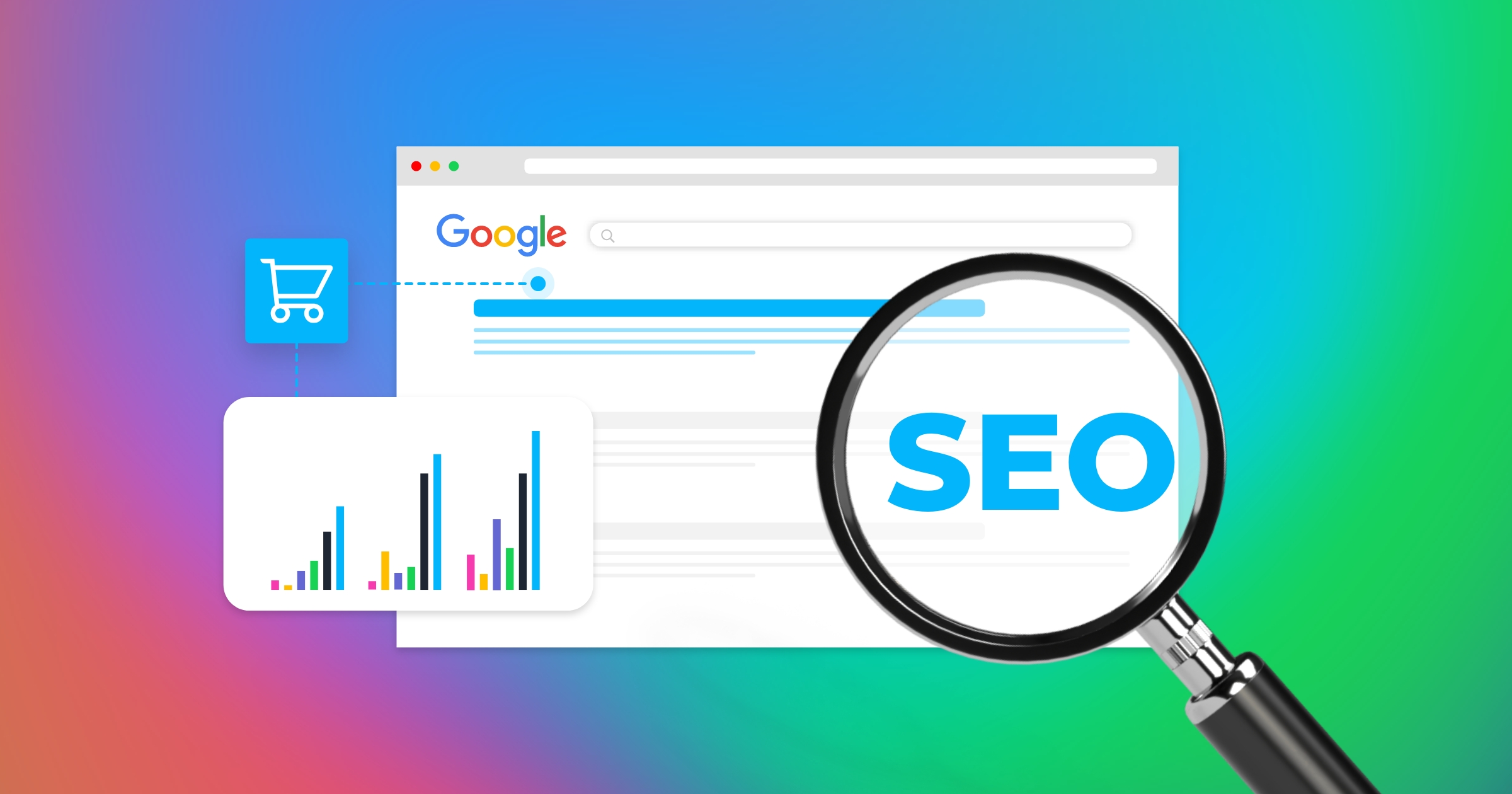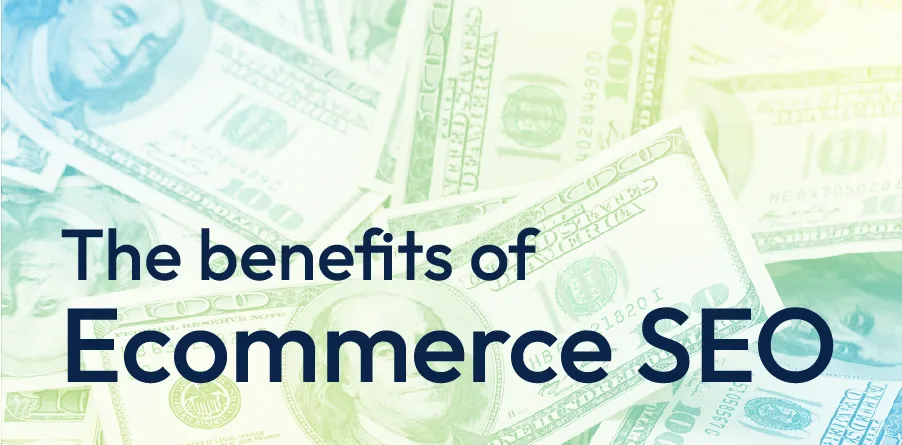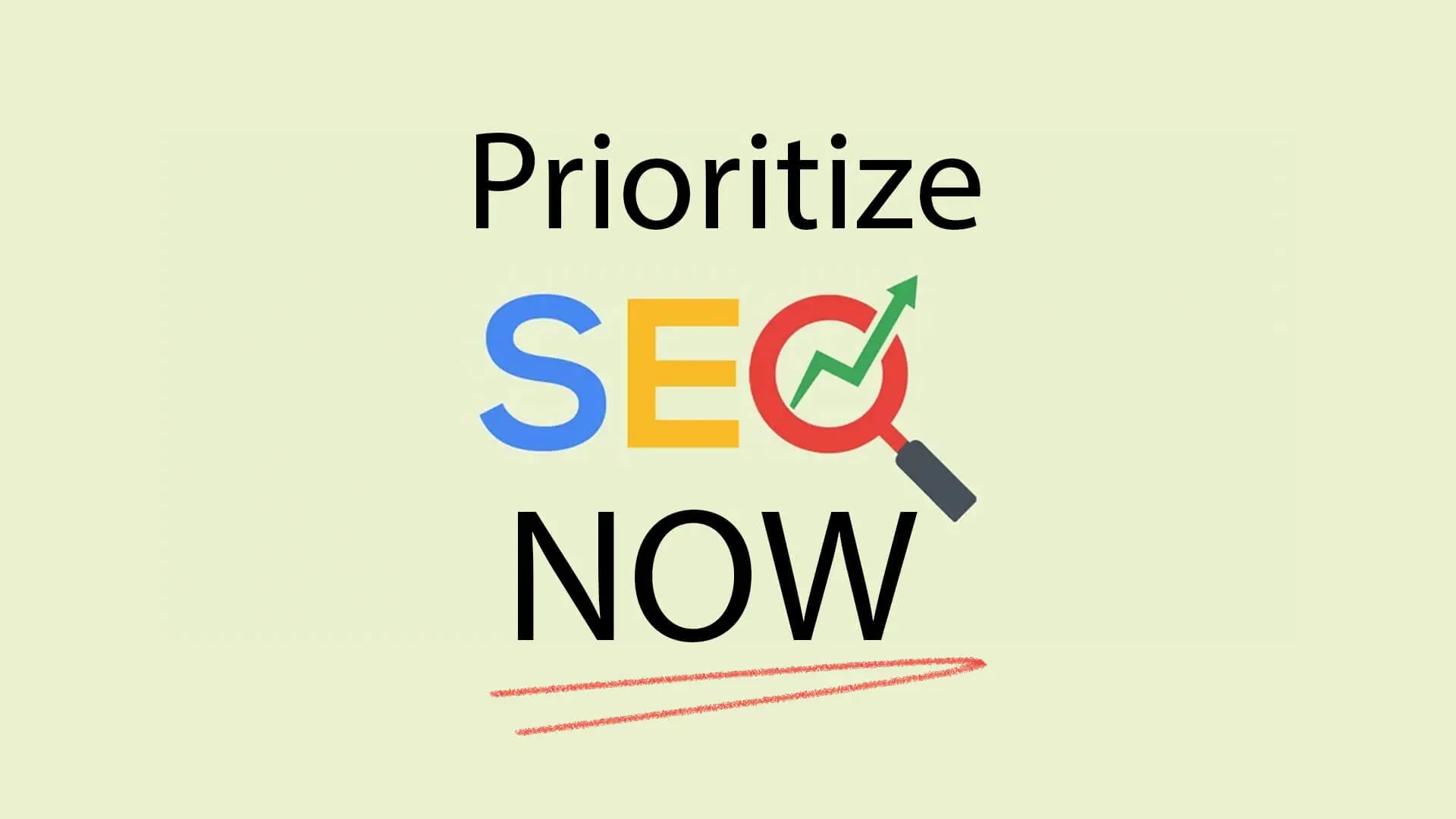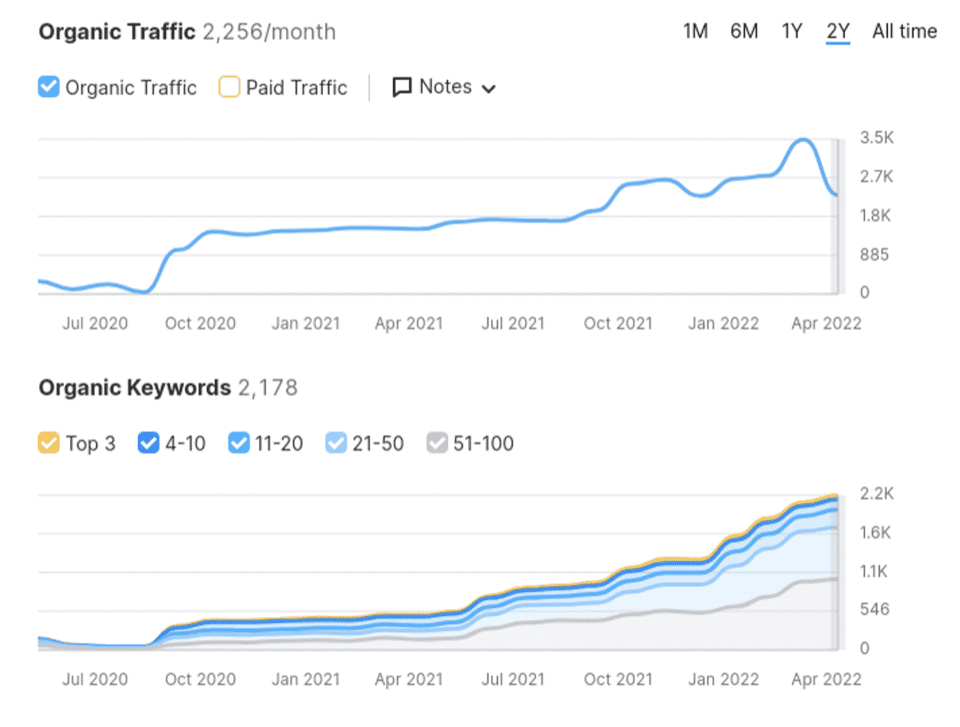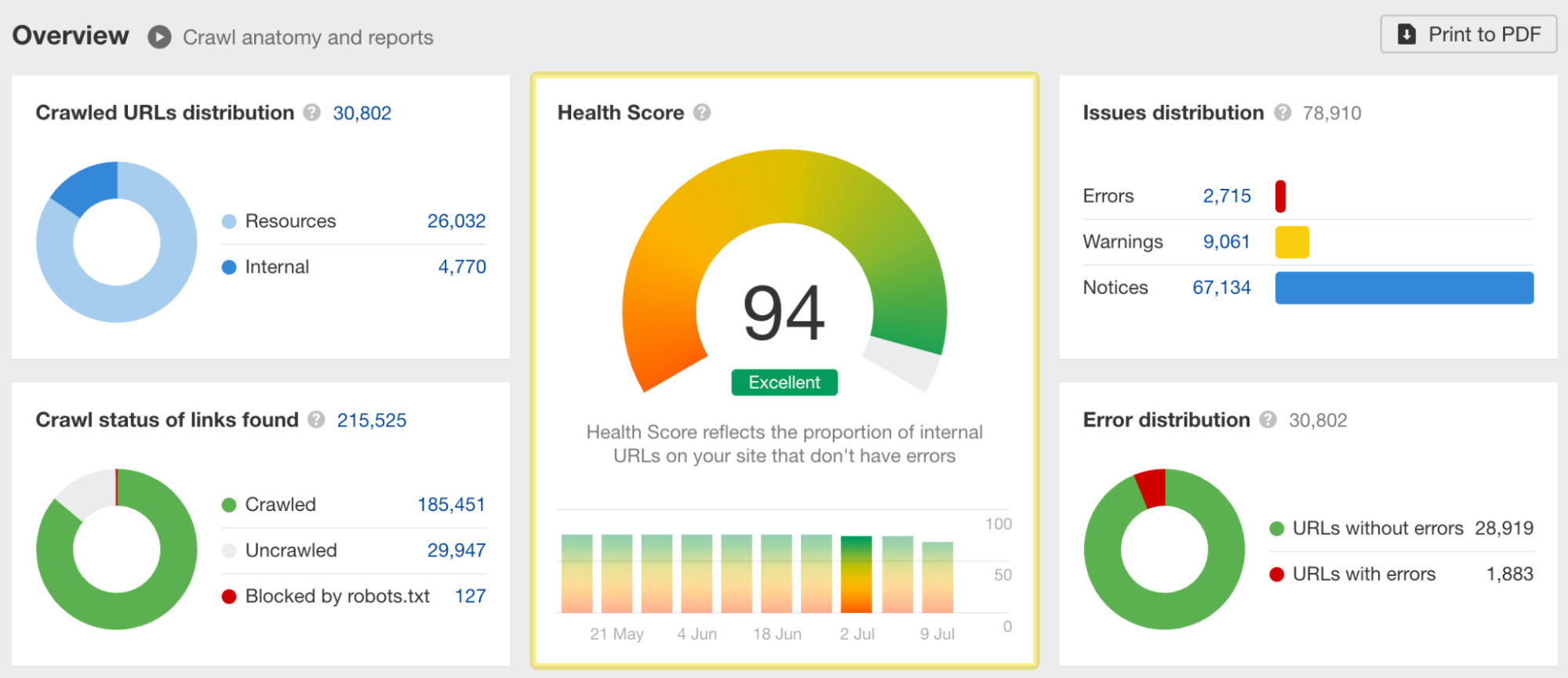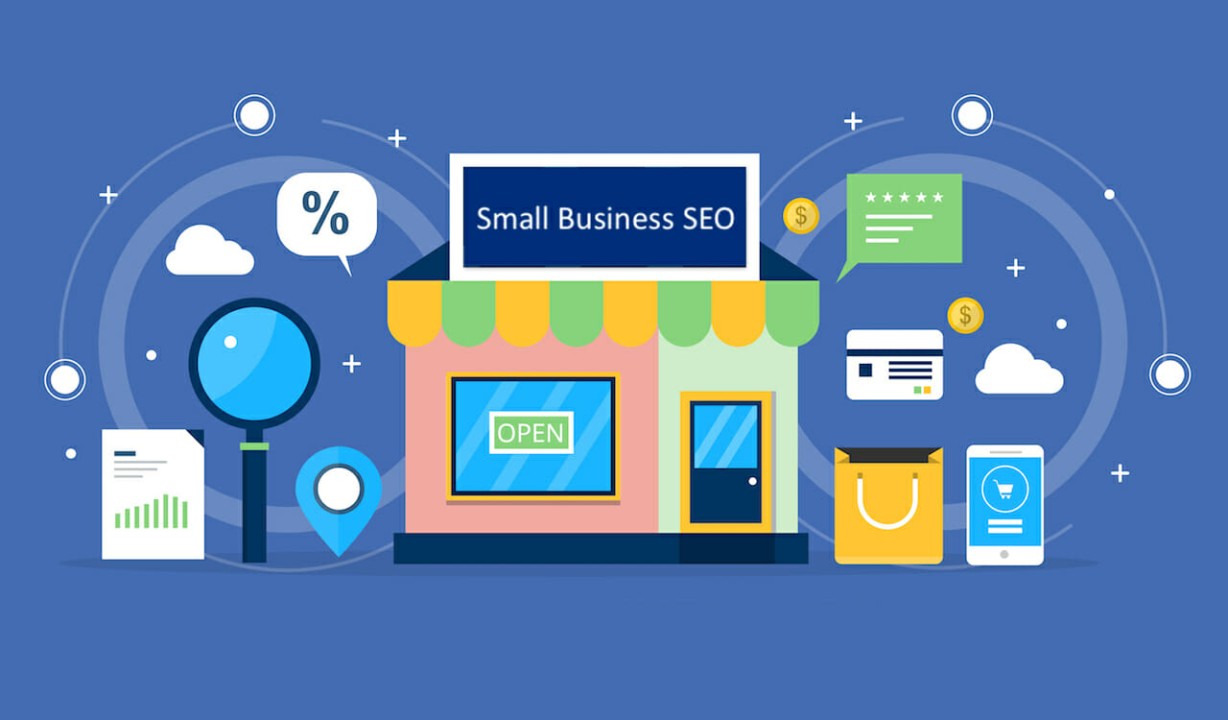Understanding how your website drives valuable actions—like purchases, sign-ups, or inquiries—can reveal the effectiveness of your marketing efforts. Tracking website conversions through Google Analytics is a practical way to measure these actions and gain insights into user behavior. By using this tool, you can identify what’s working, where visitors drop off, and optimize their journey for better results. If you’re not already tracking conversions, you’re missing a critical opportunity to improve your website’s performance and grow your business. For more on tools and strategies that amplify your online success, check out Digital Marketing Services.
Understanding Website Conversions

When it comes to measuring the success of your website, tracking website conversions is a game-changer. A website conversion happens when a visitor completes a desired action, like signing up for a newsletter, filling out a contact form, or making a purchase. These actions are the building blocks of your website’s performance, giving you tangible evidence of its ability to engage users and meet your business goals. But how do you define a conversion? And why is it crucial to track them? Let’s break it down.
What Are Website Conversions?
At its core, a website conversion represents any action that aligns with your website’s purpose. It’s all about moving your visitors from browsing to completing a specific goal. Here are some common examples of website conversions:
- Purchases: A completed transaction on an e-commerce website.
- Form submissions: This could be anything from a contact request to a sign-up form for an event.
- Account creation: Visitors creating user profiles on your site.
- Email sign-ups: New subscribers joining your email mailing list.
- Clicks on key buttons: For example, downloading a resource like an e-book or clicking a demo request button.
Think of website conversions as checkpoints. They’re small, measurable goal completions that push your business forward, whether that’s acquiring leads, nurturing prospects, or driving sales.
Why Tracking Conversions Matters
Understanding which parts of your site drive conversions (and which don’t) gives you a massive advantage. Here’s why conversion tracking is so essential:
- Evaluate Website Performance: If visitors are bouncing without converting, it’s a red flag something’s off—whether that’s with your design, messaging, or navigation. Tracking conversions helps pinpoint these problems.
- Measure Marketing Campaign Success: Let’s face it: no marketing campaign is complete without knowing if it drove results. Conversion data shows what’s actually working—was it the blog post you promoted or the Facebook ads campaign?
- Enhance ROI on Ad Spending: You don’t want to spend blindly or guess what’s effective. Conversion tracking ensures your ad dollars are going toward campaigns that bring revenue or leads.
- Refine Strategies for Growth: Once you know where conversions spike or fall, you can adjust. Whether it’s fixing a broken funnel or doubling down on what works, conversion tracking optimizes performance.
For a deeper dive into data-driven tactics that enhance conversions, explore SEO Case Study for a Digital Marketing Agency. This showcases how detailed analytics can fine-tune results.
How Conversions Reflect User Behavior
Conversions aren’t just numbers—they tell a story. They offer insights into your audience’s preferences, behaviors, and obstacles. If you notice visitors abandoning a form midway, it could suggest it’s too lengthy or unclear. Monitoring these patterns helps you uncover bottlenecks and opportunities to improve the user journey.
Tracking conversions also reveals the roles that different traffic sources play. For example, organic visitors from Google may behave differently than those coming in through social media ads. Having this level of insight can guide future content or advertising strategies.
Looking for more tips on boosting conversion rates via targeted strategies? Check out our related post: How Long Does It Take for SEO to Work?.
By tracking your website conversions, you’re not just collecting data, you’re collecting actionable insights that can steer your business in the right direction. Up next, let’s explore how Google Analytics makes tracking possible.
Setting Up Google Analytics for Website Conversion Tracking

Tracking conversions starts with correctly configuring Google Analytics. This step ensures you’re gathering the right data to make informed decisions about your website’s performance. Let’s walk through two crucial aspects of setup: creating conversion goals and enabling enhanced e-commerce tracking.
Creating Conversion Goals in Google Analytics
Conversion goals are the benchmarks Google Analytics uses to measure specific actions on your website. Think of them as checkpoints you’d like visitors to cross, such as completing a form, watching a video, or making a purchase. Here’s how to set them up:
- Navigate to Admin Settings: Start by going to the Admin panel in Google Analytics. Under the View column, select Goals.
- Create a New Goal: Click on the red + New Goal button. You’ll see several templates, but you can also create custom goals depending on your needs.
- Choose a Goal Type: Google Analytics provides various types of goals. Here’s a quick breakdown:
- Destination Goals: Track when a user reaches a specific URL, like a thank-you page after submitting a form.
- Duration Goals: Measure user session times. For instance, track users who stay longer than 5 minutes.
- Event Goals: Capture interactions like button clicks, video plays, or downloads.
- Set Up Goal Details: After choosing your goal type, you’ll need to configure its specifics. For example, if you’re setting a destination goal, enter the exact URL of the conversion page. Don’t forget to test all your goal setups to ensure they track accurately.
Using conversion goals is a simple way to see which visitor interactions align with your business objectives. For more insights into optimizing campaigns for better conversions, check out our guide on Facebook Ads vs Boosted Posts.
Enabling Enhanced Ecommerce Tracking
For e-commerce websites, standard analytics might not cut it. That’s where Enhanced E-commerce Tracking comes in, providing a wealth of detailed product and sales data. Here’s how to enable it:
- Enable Enhanced Ecommerce in Google Analytics:
- In the Admin menu, under the View column, select Ecommerce Settings.
- Toggle on Enable Ecommerce and Enable Enhanced Ecommerce Reporting. Save these settings.
- Connect Analytics with Your Site: This step often requires editing your website’s code or using a plugin if you’re on platforms like Shopify or WooCommerce. Ensure your eCommerce platform sends detailed transaction data to Google Analytics.
- Set Up Product and Transaction Tracking: Work with your developer or follow platform-specific guides to implement this. Enhanced E-commerce captures data like:
- Product impressions
- Item add-to-cart actions
- Checkout behaviors
- Transactions and refunds
- Customize Your Reports: Once set up, Google Analytics starts generating reports such as Conversion Rate, Product Performance, and Checkout Behaviors. These insights offer critical feedback to understand which products perform best and identify drop-off points in the process.
By activating Enhanced E-commerce Tracking, you’re arming yourself with the data needed to fine-tune your online store. Curious about strategic tools for boosting your e-commerce conversions? Explore more at How to Run Remarketing Ads on Facebook & Instagram.
When implemented correctly, these two configuration options can transform the way you measure success. Accurate tracking ensures you’re not just casting a wide net but targeting the right actions that drive real results.
Analyzing Website Conversion Data in Google Analytics

Analyzing website conversion data is where Google Analytics truly shines. It’s one thing to track conversions, but understanding the factors that contribute to them enables smarter decision-making. Google Analytics offers a range of tools and reports that uncover visitor behaviors, pinpoint sources of success, and highlight areas that need improvement. Let’s explore how to harness these features effectively.
Using Custom Reports for Deeper Insights
Sometimes, the default reports in Google Analytics aren’t enough to answer specific questions about your website’s performance. That’s where custom reports come in. These reports allow you to focus on specific data points, giving you actionable insights into user behavior and conversion patterns.
How to Create Custom Reports in Google Analytics
Creating custom reports might sound intimidating, but it’s surprisingly simple and incredibly useful. Here’s a step-by-step guide to get you started:
- Navigate to Customization: Go to the left-hand sidebar in Google Analytics and select Customization, then click Custom Reports.
- Start a New Report: Hit the + New Custom Report button. Now you’ll begin building a report tailored to your needs.
- Define the Metrics and Dimensions:
- Metrics represent the data you want to examine, like conversion rate, average session duration, or total goal completions.
- Dimensions define how the data is broken down. For example, you could choose traffic source, user device, or landing page.
If you’re analyzing conversions, you might pair metrics like “Goal Completions” with dimensions like “Source/Medium” or “Device Category.”
- Set Specific Filters: Filters zero in on particular subsets of your data. For instance, show only sessions where users completed a goal.
- Save and Run the Report: Once you’ve configured everything, save your report. You can immediately view the results or edit it further.
Using a custom report, you might discover that visitors from mobile are converting at a higher rate than those on desktop—or vice versa. This knowledge can then guide decisions, from UI optimizations to targeted advertising efforts. Learn more about the advantages of tailored reporting with a look at SEO Case Study for Business Consultant.
Practical Uses for Custom Reports
Custom reports offer clarity when general insights fall short. Here are a few valuable examples of how you can use them:
- Landing Page Performance: Track how specific pages on your site contribute to overall conversions.
- Funnel Performance: Map the steps users take toward conversion and identify where drop-offs happen.
- Channel Effectiveness: Examine which traffic sources (e.g., social media, email, organic search) yield the highest conversions.
Sometimes the smallest tweak in targeting or design can lead to a noticeable improvement in conversion rates. By leveraging custom reports, you can zero in on those opportunities with precision.
This section provides actionable advice on creating and using custom reports in your Google Analytics setup. With these insights, you’re equipped to uncover trends and optimize for better website conversions. For more insights into tailored strategies, check out 7 Winning Digital Marketing Strategies For Graphic Design Agencies.
Common Challenges in Conversion Tracking and How to Overcome Them

Tracking website conversions can sometimes feel like navigating a maze without a map. Even with tools like Google Analytics, mistakes in configuration or data interpretation can lead to incomplete or inaccurate results. Conversion tracking is a critical piece of measuring marketing success, so it’s vital to get it right. Below, we’ll discuss some of the most frequent obstacles businesses encounter and how to address them effectively.
Avoiding Conversion Attribution Errors
When you’re working with multiple marketing channels—think paid ads, email campaigns, social media, and organic SEO—conversion attribution can get complicated. Properly assigning credit for conversions is essential for understanding which channels and strategies are effective. Attribution errors are one of the most common issues in conversion tracking but can be avoided with the right approach.
Why Attribution Errors Happen
Attribution errors occur when the wrong source is credited for a conversion. Say a customer clicks a Facebook ad but comes back two days later via a Google search to complete a purchase. Without the correct setup, Google might get the credit instead of Facebook. Multiply this across various touchpoints, and you could be making decisions on misleading data.
Here are typical reasons attribution errors occur:
- Failing to configure multi-channel attribution models
- Over-reliance on last-click attribution (the default in many tools)
- Not tagging campaigns with UTM parameters for tracking
- Ignoring cross-device conversions (where users switch between their phone and laptop)
Fixing and Preventing Attribution Problems
Avoiding attribution errors requires diligence and smart configuration techniques. Here are steps to address the challenge head-on:
- Enable Multi-Channel Funnels: Google Analytics includes a Multi-Channel Funnel report that shows all the touchpoints a user engages with before converting. Review this regularly for a better picture of the customer journey.
- Customize Attribution Models: Instead of relying on last-click attribution, explore other models like linear attribution (equal credit to each touchpoint) or time decay (more credit to recent interactions). You can even test the models using Google Analytics’ “Model Comparison Tool.”
- Tag Campaigns with UTMs: UTMs (Urchin Tracking Modules) help you track the source and medium of your clicks. Consistent UTM tagging lets you accurately assign credit to campaigns.
- Track Cross-Device Conversions: Monitor cross-device actions by enabling Google Signals in your Analytics account. This feature links user activity across different devices when they’re logged into Google.
- Use First-Party Cookies: Privacy regulations and browser updates are limiting the use of third-party cookies, which can impact attribution accuracy. Implementing first-party data collection ensures you’re able to track user activity reliably.
For businesses looking to dive deeper into their campaign tracking setups, this guide on AI-Driven Digital Marketing for Small Businesses offers insights into data-driven strategies that amplify ROI.
By investing the effort in mitigating attribution errors, you can unlock an accurate view of how your efforts are driving website conversions. This sharpens your ability to allocate resources effectively and improve your overall strategy.
If you’d like to explore ways to monitor SEO and conversion efforts holistically, take a look at Why Brands Neglect Ecommerce SEO & Why They Shouldn’t. This internal resource could provide complementary tactics for resolving tracking challenges effectively.
Enhancing Website Conversion Rates Using Analytics Insights
track-website-conversionstrack-website-conversionstrack-website-conversions
Improving website conversions isn’t just about guesswork—it’s about informed decision-making. Google Analytics provides the data you need to understand user behavior and make targeted site optimizations. With the right analytics insights, you can refine how your site engages visitors, guiding them toward actions that matter most to your business. Let’s focus on a key strategy: A/B testing based on Analytics data.
Leveraging A/B Testing for Improved Performance
When it comes to improving website conversions, A/B testing is a must-have tool in your arsenal. By testing different variations of your website’s elements, you can identify what works best in driving desired actions like purchases or sign-ups, all while using analytics to back up your decisions.
What is A/B Testing?
A/B testing involves creating two versions (A and B) of a webpage or specific element—such as a call-to-action (CTA), headlines, or imagery—and showing them to two separate sets of users. The goal? Identify which version leads to more conversions. Google Analytics helps track and measure this data, giving you a clear winner.
How to Use Analytics Data in A/B Testing
Here’s a step-by-step breakdown of leveraging Google Analytics insights for effective A/B testing:
- Identify Conversion Roadblocks: Start by reviewing key Analytics reports like the Behavior Flow or Funnel Visualization. These show where users drop off on their journey. Pages with high bounce rates or incomplete checkout processes are ripe for testing.
- Define Your Hypothesis: Use the data to form a clear, testable hypothesis. For example, if a landing page has a low conversion rate, your hypothesis might be: “Replacing the current CTA with a more direct and action-oriented message will improve sign-ups.”
- Create Two Versions:
- Version A: The current design or baseline.
- Version B: Your improved version based on Analytics insights (e.g., enhanced copy, different button color, better image).
- Split Your Traffic: Direct 50% of your traffic to Version A and the other 50% to Version B. This ensures neither version gets a disproportionate sample size.
- Track Performance Metrics: Use Google Analytics or tools like Google Optimize to monitor results. Key metrics typically include click-through rates, goal completions, and engagement time.
- Make Data-Driven Changes: Once you have statistically significant results, implement the version that performs better. This isn’t about what you think works—it’s about what the data confirms.
By running consistent A/B tests, you’ll refine your website over time. Change one variable at a time, and you’ll gain actionable insights without muddying the results.
For an example of how strategic adjustments can drive results, check out SEO Case Study for an Online Jewellery Store. In the study, small, data-driven tweaks led to measurable improvements for the client.
What Elements to Test for Conversions
Not sure where to start? Here are some website elements worth testing:
- Call-to-Actions (CTAs): Experiment with copy, location, button color, or size. A subtle switch from “Learn More” to “Get Started Now” can have a significant impact.
- Headlines: Test different headings to see which grabs attention and encourages users to stay.
- Page Layout & Images: Compare minimalist designs versus image-heavy formats to understand what resonates with your audience.
- Forms: Shorten lengthy forms or adjust field labels to see if it reduces friction for users.
- Pricing Displays: Tweak how product pricing is presented to make it clearer or more compelling.
Each test you run offers an opportunity to learn about your visitors. What motivates them? What brings hesitation? These insights are invaluable.
By tapping into Analytics and running A/B tests, you’re not shooting in the dark—you’re paving a clear path toward better conversion rates. For more insights into optimizing your site, explore 4 Steps to Rank #1 on Google with Your 2025 SEO Plan.
Conclusion
Tracking website conversions with Google Analytics is more than just crunching numbers—it’s the foundation for understanding how your audience interacts with your website. By setting up proper goals, configuring enhanced e-commerce features, and analyzing detailed reports, you can transform data into actionable strategies that improve your business performance.
If you’re feeling overwhelmed or simply want expert help to make the most of Google Analytics, we can guide you. Explore our range of Digital Marketing Services to see how we can optimize your website’s success.
Ready to uncover more insights into website performance? Discover strategies that enhance e-commerce conversions in How AI is Revolutionizing Ecommerce Digital Marketing. Your journey toward optimized decision-making starts here.







